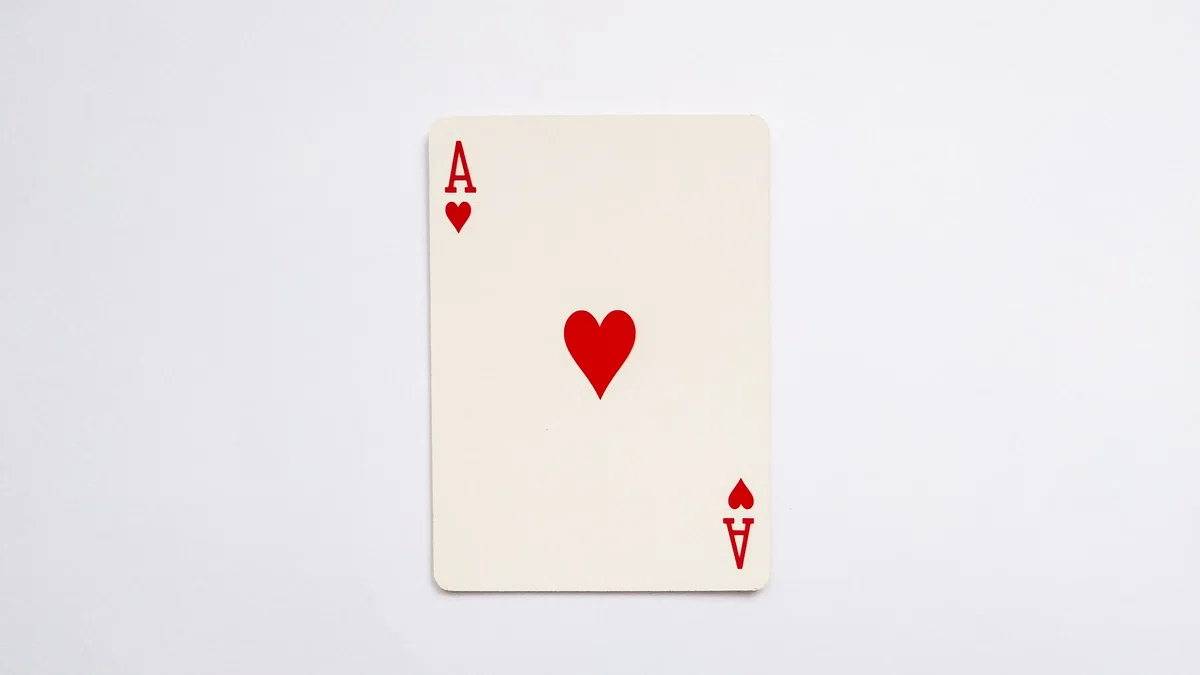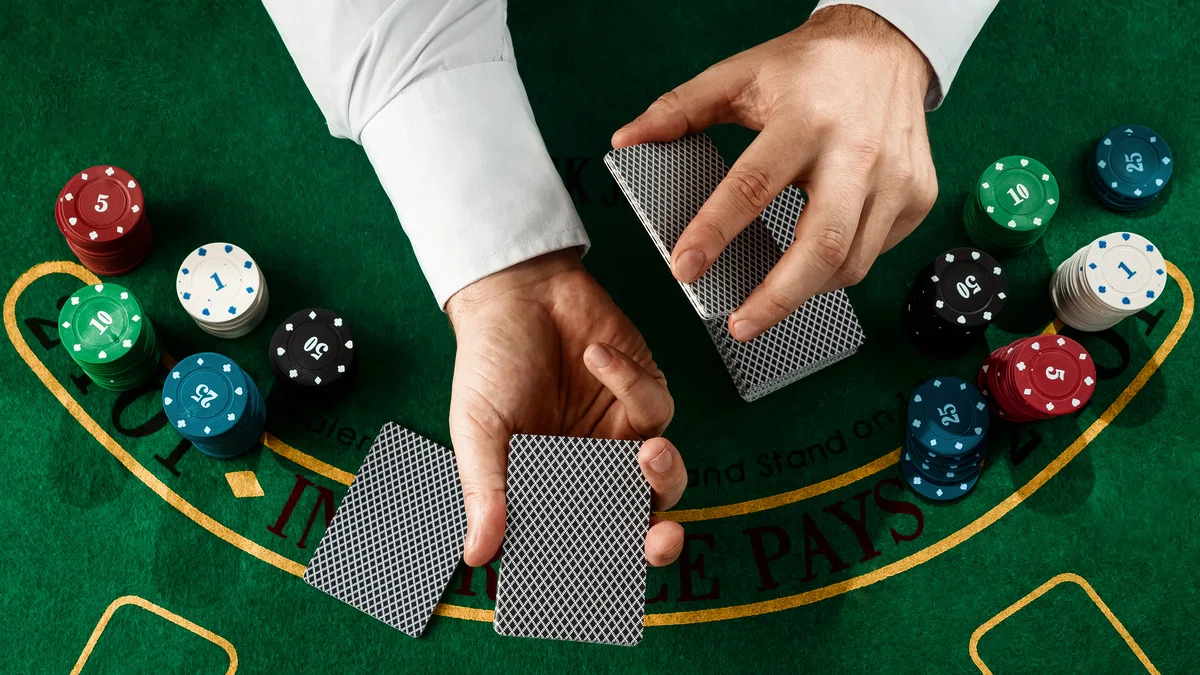If you love blackjack, understanding how the dealer plays is key.
Unlike players, who can hit, stand, split, or double down, the dealer follows strict blackjack dealer rules that shape every round.
Knowing these rules helps you make smarter decisions and play with confidence. In this article, you’ll understand how the rules work, how they influence the game and how to adapt.
What Are the Dealer Rules for Blackjack?
Blackjack dealers must follow strict rules, unlike players, able to make choices based on their hands. Blackjack rules for dealers ensure fairness in the game and remove any decision-making on their part.
Understanding them allows you to adjust your blackjack play based on what the dealer is showing.
Related Guides:
Hit or Stand Dealer Rules
One of the most important blackjack dealer rules is knowing when the dealer must hit or stand to improve your odds at the table.
Here’s what dealers must follow:
- The dealer must hit if their hand totals 16 or lower.
- The dealer must stand on 17 or higher (unless specific game rules apply).
- If the dealer has a soft 17 (Ace + 6), the rule varies—some tables require the dealer to hit, while others make them stand.
- No doubling down, splitting, or surrendering—the dealer must play their hand as dealt.
How Does the Dealer Handle Aces?
Aces play a unique role in blackjack, which is why there are also specific ace rules dealers must follow:
- If the dealer gets an Ace and a 10-value card on their first two cards, they have a natural blackjack and automatically win (unless the player also has blackjack).
- If the dealer gets an Ace in any other hand, they count it as 11 unless doing so would cause them to bust.
- In some games, if the dealer has a soft 17, they may be required to hit instead of stand.
This is why it’s important to check whether a game follows the soft 17 blackjack dealer rule or requires them to stand on all 17s.

Dealer’s Role in the Game
The blackjack dealer rules are designed to keep the game running smoothly. Here’s what a dealer does during a round:
- Dealing Cards – The dealer gives each player two face-up cards while dealing one card face-up and one face-down (hole card) to themselves.
- Checking for Blackjack – If the dealer’s face-up card is an Ace or a 10-value card, they check their hole card for a natural blackjack.
- Following the Rules – Unlike players, the dealer cannot decide to hit or stand based on blackjack strategy. They must act according to the blackjack rules dealer guidelines.
- Settling the Round – After all players take their turns, the dealer plays their hand. Once the round is over, winnings are added, and the table resets for the next game.
How Dealer Rules for Blackjack Impact Your Strategy
Since the dealer’s actions are set, players can make better choices based on what the dealer shows. For example:
- If the dealer’s face-up card is weak (like a 5 or 6), players might play conservatively, expecting the dealer to bust.
- If the dealer is showing a strong card (like a 10), players may take more risks to build a higher total.
Want to sharpen your skills? Check out our guides on how to play blackjack and blackjack rules for more insights.
Try Blackjack at McLuck
Understanding the dealer rules in blackjack can improve your gameplay and decision-making. Since the dealer follows a structured set of actions, players can strategize accordingly to maximize their chances of winning.
Ready to put your knowledge to the test? Try out blackjack at McLuck today and see how these dealer rules impact your game!

